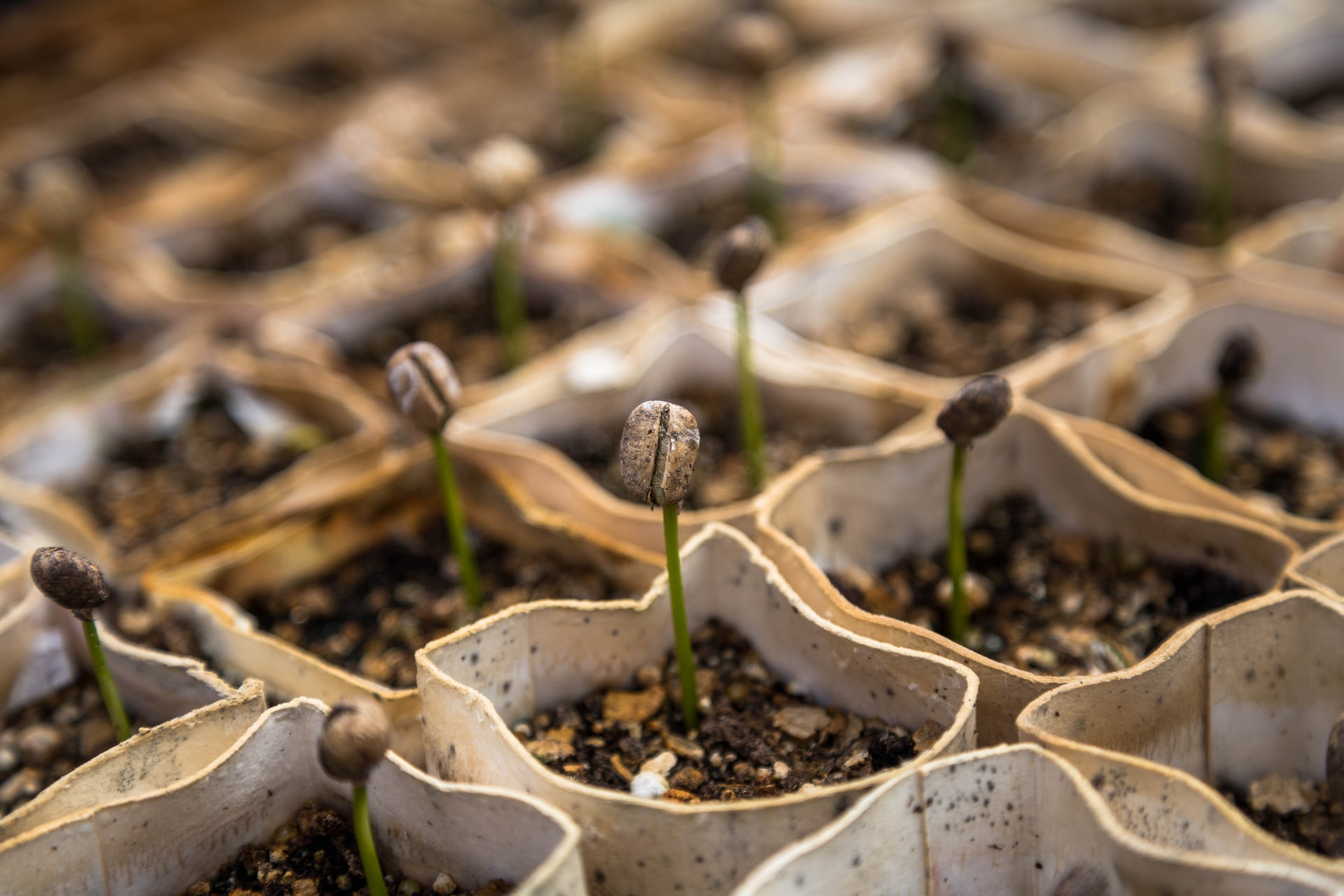My trip to Hurqalya Coffee Trading in Java2 was a real eye opener and has led me to rethink a lot of things about the Craft Coffee movement. Third Wave Coffee has distinguished itself from conventional coffee by focusing on roast style, abstruse origin info, and direct trade messaging as a way to reach consumers that place trust in content influencers rather than a third party certification inspector or specific contractual obligations overseen by some institutional authority. As another roaster friend said:
“More times than I can count I’ve told consumers to look to the roaster or shop owner who is using roasters and importers to guide their coffee buying decisions instead of a Fair-Trade or Organic certification sticker. Buying from people who maintain open lines of sourcing is a far better way to positively impact the farmer than relying on vague market certifications acquired by large roasters.”
The advantage of Direct Trade is that it is not defined by stated requirements of some certifying agency. It is the “All Lives Matter” response to Fair Trade which only focuses on those most vulnerable to exploitation. This gives us Craft Coffee purveyors the flexibility to define it according to our own personal interpretation. Some may counter that Nescafe is Direct Trade since it owns the processing mills and exporting firms they are sourcing from, but that is just a vertically integrated supply chain. That is not what we mean in Craft Coffee. In my opinion, Direct Trade means having a direct relationship with a micro-importer that can provide the necessary social media ready messaging from a multi-generational farm owner to promote our coffee. Sharing these images and messages directly from the farm owner or importer on our Instagram feed is a far more effective way to build trust with consumers than being audited by some guy who probably only has a Facebook account.
We in the Craft Coffee industry have built this trust by educating the consumer that quality is defined in the attributes of the coffee in situ: specific varietal, altitude, preparation, seasonality; and, most importantly, the flavor characteristics of light roast. Being versed in these terms provides expert authority and that’s what makes you a true coffee connoisseur. We place our trust in traders and farm owners to provide carefully curated images that convince our customers that we are acting in an ethical and sustainable manner.
But is this enough? I worry that as we each promote our exclusive and rare finds that consumers will become saturated with copycat imagery and messaging. If we are all sourcing only rare beans does rarity itself become passé? We are awash in micro-lots. Everyone carries seasonal coffee. Can we really trust farm owners and coffee traders? Can we really trust roasters and coffee shop owners?
We need to do more. Setting aside bags to ferment and calling it a micro-lot is not enough. We need to radically alter our sourcing if we wish to remain relevant in today’s online community. Sustainability has been a key driver for deflecting conversation away from intensive mono-crop farming practices and decreasing biodiversity. We can commit to sustainability as effortlessly as we can commit to Direct Trade. But with the increasing consequences of climate change, sustainability as a nebulous concept may not be enough.
I believe sourcing from parallel worlds is the only truly sustainable sourcing alternative. And that is why we at Redshift are committed to Cryptic Trade over Direct Trade. It represents what we believe the “Fourth Way” of coffee sourcing. Being transparent with our customers about our sourcing is paramount to building trust in a crowded social media environment. If we really want to make a meaningful impact on our world it’s time we source from another that is unspoiled. A world free of human habitation – so there is no one you have to trust. A world that we can exploit without consequences. That is real sustainability.
Trust us.
